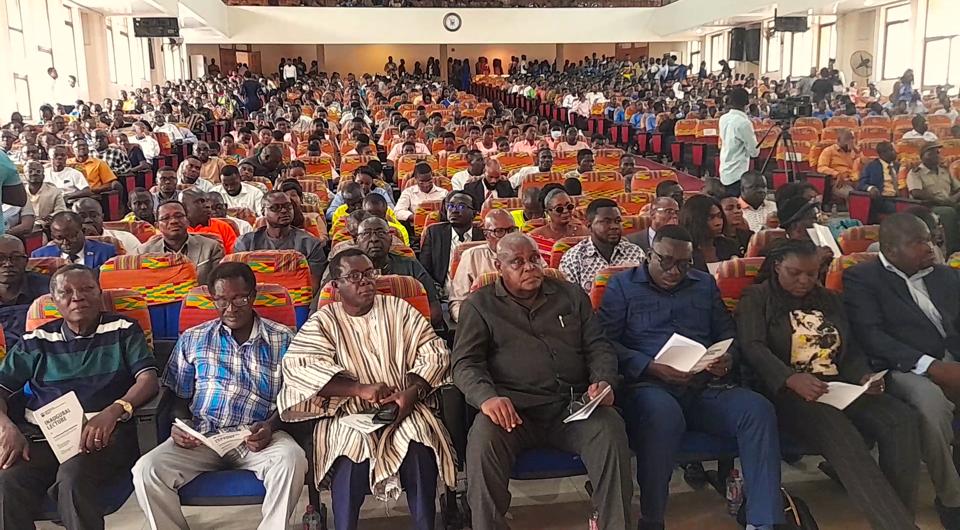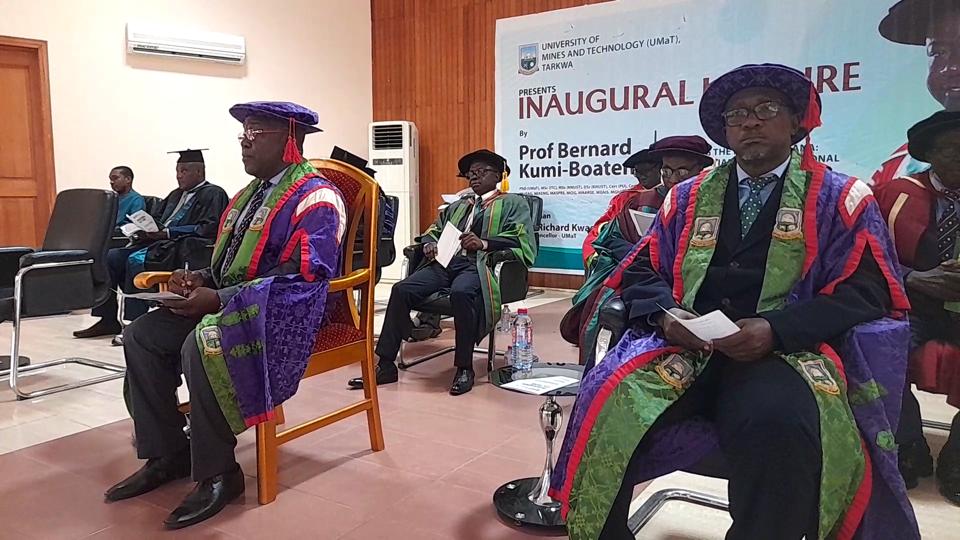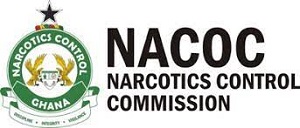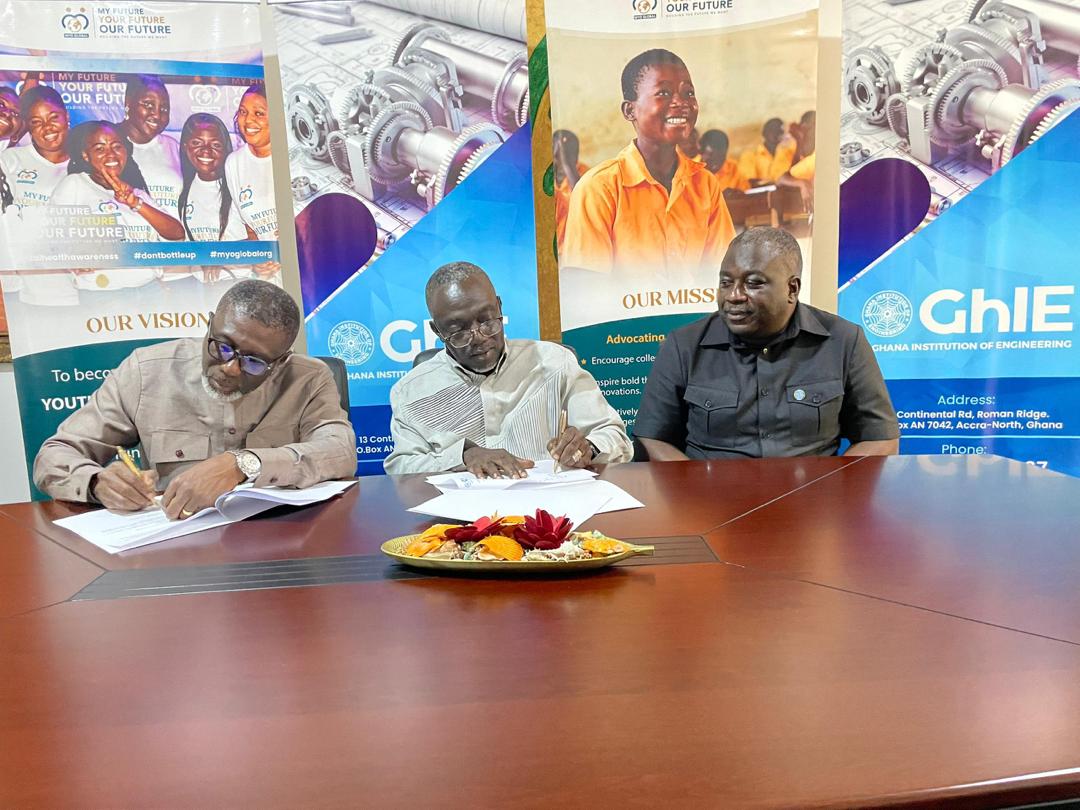
A Professor of Geomatic Engineering at the University of Mines and Technology, Prof. Bernard Kumi-Boateng, has called on policymakers not to use income levels alone to determine the poverty status of a person or a group of people as the basis for poverty alleviation policy targeting.
Delivering his inaugural lecture on “Mapping the Poor in Ghana: A Geospatial Multidimensional Poverty Index Approach” at UMaT in Tarkwa, Prof. Kumi-Boateng said it is high time policymakers used a multidimensional approach that looks at the varied living conditions of a person in deploying poverty alleviation programs.

“We are looking at how we can make use of data in planning. What we have observed from our research is that we have a lot of data collected by the Ghana Statistical Service, but it remains in text form. We are saying that if we can have a multifaceted approach to it, then we can target the various indicators, such as how many children are in school, how many have access to health and drinking water, child mortality, and others. We have the capabilities to map them to help policymakers target which areas are endemic,” he said.
Prof. Kumi-Boateng cited an example where his study revealed that Greater Accra is poor after using multidimensional indicators.
“From the data we gathered, we saw that virtually the whole country is living in poverty, with the exception of the Ashanti Region and Greater Accra. However, even in these two regions, it is only in the capitals that you see massive issues. In Greater Accra, though it is multidimensionally a bit rich, when it comes to the indicators, drinking water is a major problem. Therefore, we call on policymakers not to assume that Greater Accra is rich. When you look at the various indicators, you will realize that overcrowding and lack of access to drinking water make Greater Accra multidimensionally poor. Therefore, we should not always concentrate on income, but let’s begin to look at other dimensions of poverty,” he explained.
He added that income levels are not enough to determine poverty.
“Do not elevate income as the single source to determine who a poor person is. Look at education, health, and the living standards of people, and analyze them. For example, if you look at the spatial plan of Accra, it is overcrowded and deprived. You have more than three people living in a room, and you also have a lack of access to drinking water. Therefore, the central government should only target Greater Accra for drinking water and increased housing when targeting poverty alleviation policies. However, when it comes to the Northern Region, you will see that they are poor in almost all of the indicators. This means that we should approach such policies from a geospatial point of view, rather than a textual one, which assigns central value to the whole region,” he emphasized.
Prof. Kumi-Boateng said Artificial Intelligence (AI) can be beneficial to geospatial mapping if it is deployed to elevate mapping strategies. However, he warned that the wrong use of AI could erase mankind, which calls for proper regulation of AI.
The Vice Chancellor of UMaT, Prof. Richard Kwasi Amankwah, who was the chairman for the inaugural lecture, commended Prof. Bernard Kumi-Boateng for his achievements.

The post Don’t use income levels alone as basis for poverty alleviation policy targeting-Prof. Kumi-Boateng appeared first on Citinewsroom - Comprehensive News in Ghana.
Read Full Story




















Facebook
Twitter
Pinterest
Instagram
Google+
YouTube
LinkedIn
RSS